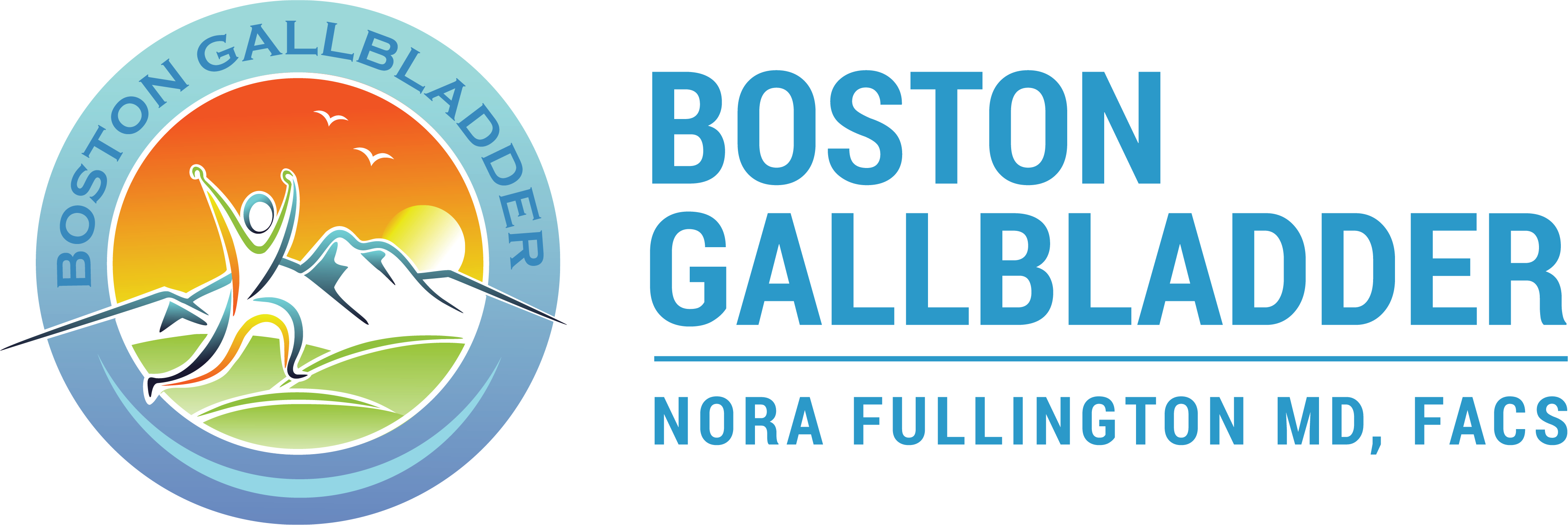Once it has been determined that a patient’s symptoms are related to gallbladder disease, laparoscopic cholecystectomy is often recommended.
Surgery to remove the gallbladder is completed laparoscopically (laparoscopic cholecystectomy) 99% of the time. This means it is completed with small incisions (usually 4 incisions – each about 1/4″-1/2″ in size) over the upper abdomen. The abdomen is inflated with a gas and the gallbladder duct and artery are clipped with small clips and cut. This allows the gallbladder to be detached from it connections to surrounding structures. The gallbladder is removed via a small bag that is placed into the belly. The incisions are closed with stitches placed underneath the skin that dissolve over time.
It is normal to have some pain/discomfort after gallbladder surgery both at the surgical sites and in the upper chest to the shoulder area from residual gas in your abdomen. The pain in your shoulder is caused by a small amount of residual gas within the abdomen after the bulk of the gas is allows to deflate at the end of surgery. The same nerve that goes to this area in the upper abdomen goes to the shoulder and because of this patients experience pain in the shoulder after surgery. This shoulder pain will usually get better within the first 24 to 48 hours after surgery as the small amount of residual gas is absorbed. The pain at your incisions may continue for the first few days to weeks after surgery. Everyone responds to gallbladder surgery differently and it is very difficult to predict how an individual will experience the pain related to surgery. Some patients feel only mild soreness after surgery and some have some sharp pain that can persist for a couple weeks.
The best treatment of post-surgical pain is a combination approach where medications work in different ways to strengthen the overall effect. In most circumstances we recommend Ibuprofen 600mg and Tylenol 650mg – both taken every six hours. This helps limit the amount of stronger opioid pain medication needed, if any at all. Opioid pain medications can be used for any significant pain after use of the other medications. We aim to limit the amount of opioids a patient requires as these medications can be constipating, create changes mental state (“loopiness”, sleepiness, inability to focus), are not safe to use when driving or during certain other activities, and can lead to addiction when improperly used.
Ice is an appropriate adjunct to medication for pain after gallbladder surgery. Ice on your incisions may reduce pain in this area. Make sure to ice for only 20 minutes at a time to avoid frostbite on your skin.
Check out this discussion of what to expect after laparoscopic gallbladder surgery for more information.
